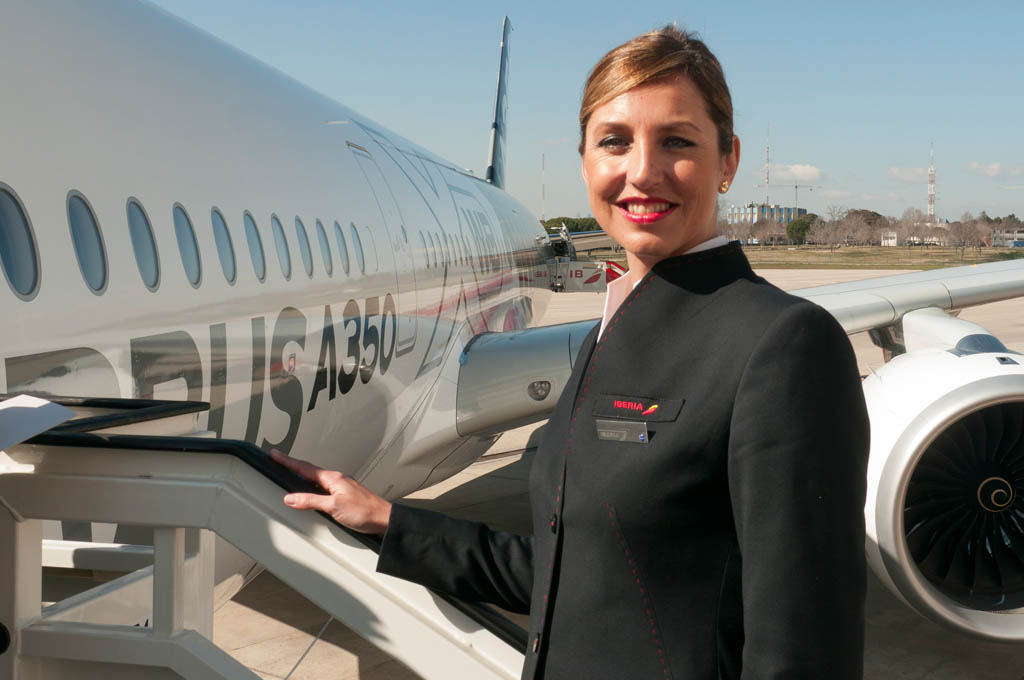
According to the Airline Passenger Experience Association (APEX) airlines spend over half a billion dollars annually dealing with onboard waste – most of which comes from leftover in-flight catering. But while the international community becomes increasingly switched on about the need to wean ourselves off a single-use life and instead live by the reduce, reuse, recycle mantra, airlines have a big problem.
Airlines are bound by tough regulations which classify anything that has touched or been touched by food from international sectors as highly dangerous and only suitable for destruction by incineration. Many airlines reason that there’s little point in using more expensive recyclable or even biodegradable products if they are just going to be destroyed.
Nonetheless, the overall percentage of waste being sent to the incinerator can be reduced and airlines are counting on cabin crew and passengers to play a big part by helping to separate waste in-flight. Take Dutch carrier, KLM as one example, which has managed to reduce the amount of waste produced per passenger by 32% since 2011.
14 different waste flows from paper and wood to plastic and even clothing are used to collect and sort recycling. The airline hopes to have halved its 2111 waste figures by 2025.
 Spanish flag carrier, Iberia is setting its sights on an even more ambitious target. Over the next few years, the airline is hoping to recover at least 80% of all onboard waste – now that’s an impressive target. Iberia says that while recycling will still play a big part, the airline also intends to use composting and in some cases “energy recovery processes” (a scheme also being explored by British Airways to turn the current incinerated waste into electricity and even aviation fuel).
Spanish flag carrier, Iberia is setting its sights on an even more ambitious target. Over the next few years, the airline is hoping to recover at least 80% of all onboard waste – now that’s an impressive target. Iberia says that while recycling will still play a big part, the airline also intends to use composting and in some cases “energy recovery processes” (a scheme also being explored by British Airways to turn the current incinerated waste into electricity and even aviation fuel).
Back at Iberia, cabin crew will soon start using new compartmented trash carts that allow easy sorting and storing of different recyclable materials. Crew will be able to easily separate material that has to be incinerated with everything else that can be recycled once back on the ground. The idea sounds similar to the ‘Retrolley’ – a Crystal Cabin Award winner.
Unfortunately, Iberia is only initially rolling out its new recycling efforts on a limited number of domestic services. The plan is to expand the scheme across short-haul European routes in the near future but long-haul flights still face challenges that no airlines have managed to solve.
That means efforts to reduce the some 5.7 million tonnes of trash produced in-flight every year are going to remain limited no matter how much airlines talk a good game about recycling efforts.
Related
Mateusz Maszczynski honed his skills as an international flight attendant at the most prominent airline in the Middle East and has been flying ever since... most recently for a well known European airline. Matt is passionate about the aviation industry and has become an expert in passenger experience and human-centric stories. Always keeping an ear close to the ground, Matt's industry insights, analysis and news coverage is frequently relied upon by some of the biggest names in journalism.







